NEWS
In Florida, homeowners’ associations (HOAs) have a significant influence on community appearance, safety, and property values. One area where this influence is often visible is parking. Whether you’re a resident or thinking about moving into an HOA-regulated community in Florida, it's essential to understand the parking regulations, particularly for street parking, driveways, and large vehicle storage.
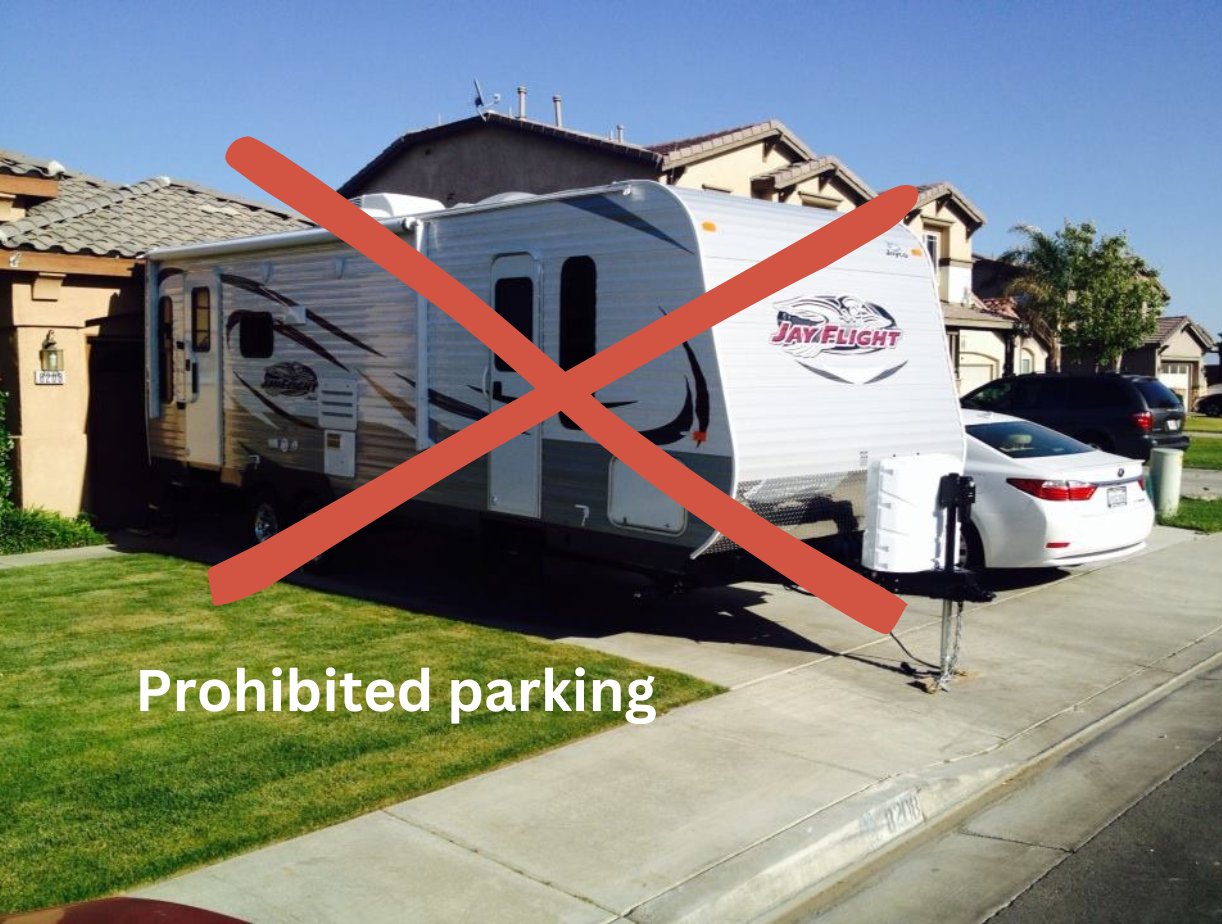
Common HOA Parking Rules in Florida
Parking guidelines in Florida HOAs vary based on the community's needs and layout, but some general rules often apply:
~Driveway and Garage Requirements
Many Florida HOAs encourage residents to use their garages and driveways for parking to prevent street congestion. Some communities may even require garages to remain accessible for parking rather than storage, aiming to keep the neighborhood looking tidy and clear of extra vehicles.
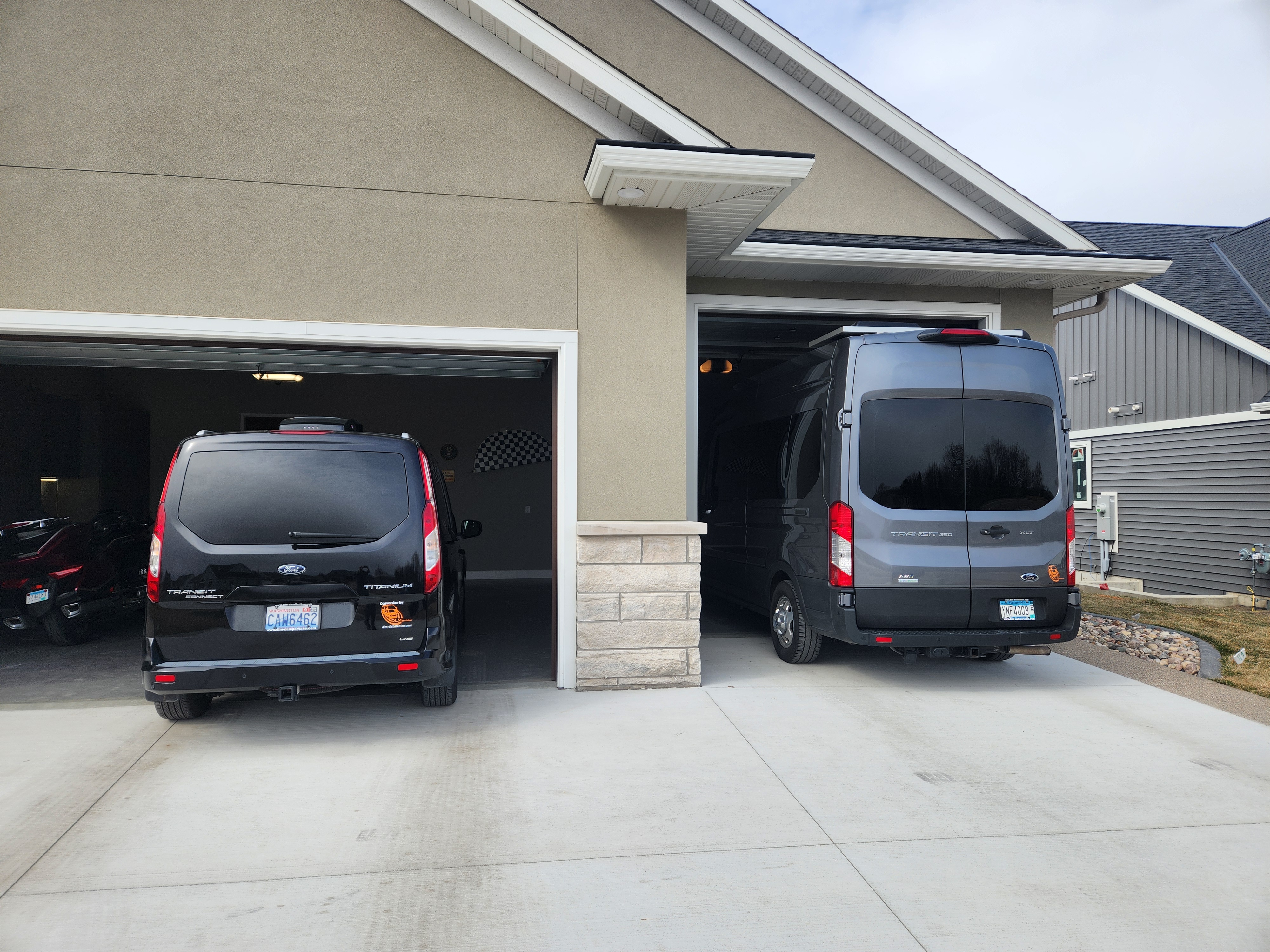
~Restrictions on Commercial Vehicles
HOAs in Florida often restrict the parking of commercial vehicles with visible business signage, seeing these as inconsistent with the residential vibe. If you drive a commercial vehicle, it’s wise to check with your HOA about any restrictions, as many will require such vehicles to be parked out of sight or off the property.
~Limits on RVs, Boats, and Campervans
One of the most frequent HOA restrictions applies to RVs, boats, and campervans. Typically, these are not permitted to park in driveways or on streets for extended periods, often only allowing short-term loading or unloading. Long-term storage usually requires a garage or an off-site facility, although some communities may offer designated areas for large vehicles.
~On-Street Parking Policies
Many HOAs in Florida either restrict or prohibit on-street parking to reduce congestion and maintain neighborhood appeal. However, enforcement depends on whether the streets are public or private, which determines HOA jurisdiction.
Public vs. Private Streets in Florida
The ownership of streets in your HOA community influences how parking rules are enforced:
* Public Streets: Limited HOA Control
In communities with public streets, which are owned and maintained by local government, the HOA generally lacks authority over street parking. Local parking rules take precedence, and violations like overnight parking or vehicle size restrictions fall under city or county enforcement rather than the HOA.
* Private Streets: Full HOA Authority
For communities with private streets, the HOA can fully regulate parking, including where residents and guests may park and rules for larger vehicles. HOAs with private streets can issue warnings, fines, or even tow vehicles that violate the regulations, enforcing these rules on both resident and guest vehicles.
Florida State Laws Affecting HOA Parking Regulations
While HOAs in Florida can enforce their parking rules, state law provides some oversight:
-Reasonable Accommodations: Florida HOAs must provide reasonable parking accommodations for disabled individuals, in line with federal law. If you require closer access to your home due to a disability, the HOA should make adjustments as necessary.
-Enforcement and Fines: Florida statutes require HOAs to notify homeowners of parking violations and give them time to correct the issue before imposing fines. This prevents unreasonable penalties and allows homeowners to comply with rules. If you feel a fine is unfair, you have the right to dispute it with the HOA board.
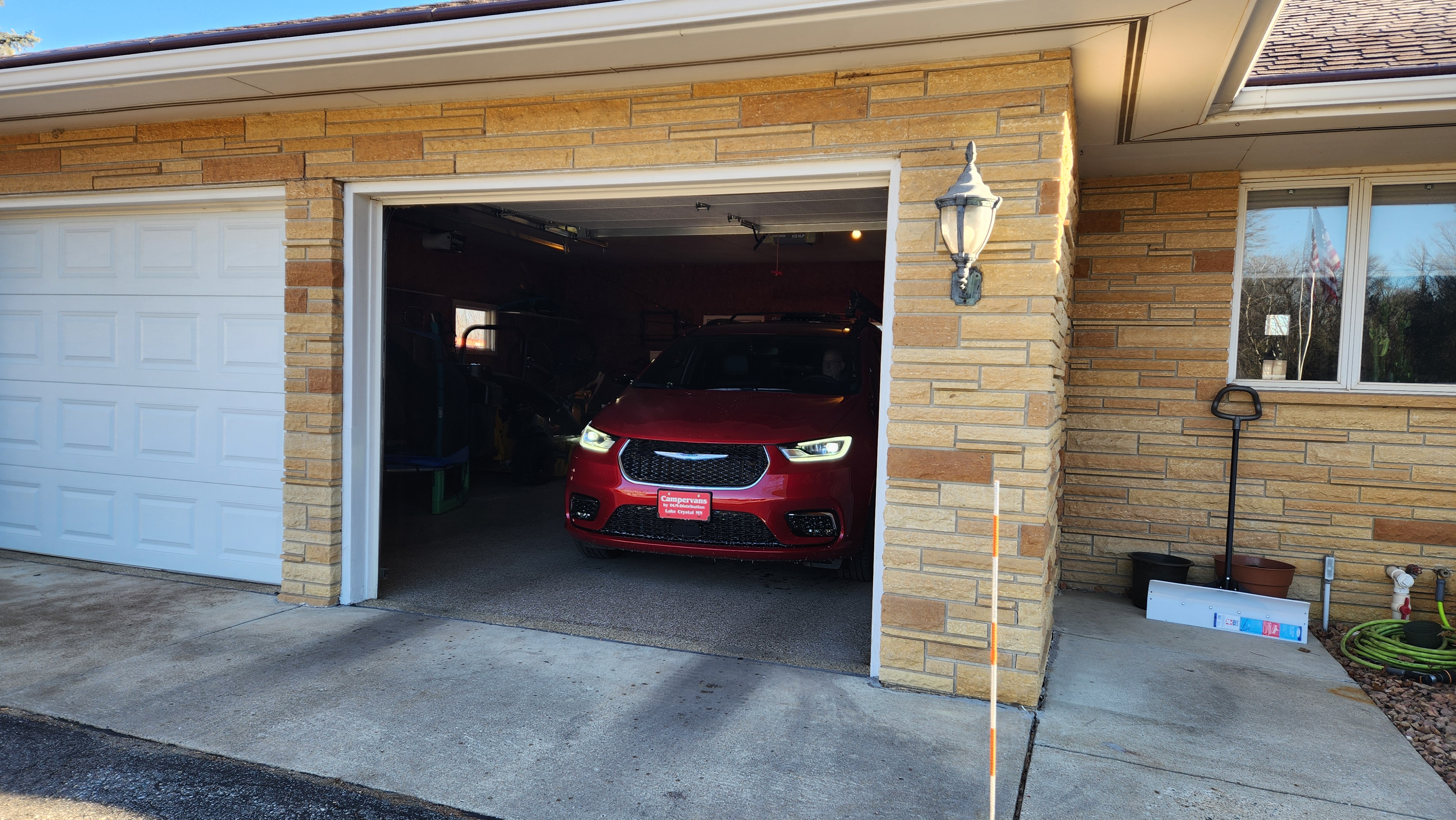
Navigating Florida HOA Parking Rules
Here are a few tips for managing HOA parking rules in Florida:
1) Know Your Street Type
Determine if your community’s streets are public or private, as this will impact whether the HOA has authority over street parking or if local laws apply.
2) Review Your HOA’s Governing Documents
Your HOA’s Covenants, Conditions, and Restrictions (CC&Rs) outline the specific parking rules for your community, from the number of allowed driveway vehicles to large vehicle restrictions. Being familiar with these rules can help you avoid fines.
3) Consider Off-Site Storage for Large Vehicles
If you own an RV, boat, or campervan and long-term parking is restricted, look into local off-site storage facilities. Some HOAs may even partner with nearby storage facilities or offer dedicated areas for these vehicles.
4) Participate in HOA Meetings
If you find a parking rule too restrictive, attending HOA meetings gives you a chance to propose changes. Some HOAs may be willing to adjust policies if enough residents support the change.
The Mini-T Campervan: Ideal for Florida HOA Communities
For RV enthusiasts, finding a vehicle that aligns with both travel needs and HOA parking rules can be challenging. The Mini-T Campervan is a practical solution, designed to fit in a standard garage. Unlike traditional RVs, it’s often not classified as an RV by many HOAs, allowing you more flexibility in parking at home without violating HOA restrictions. This gives you all the perks of RV travel without the hassle of parking limitations.
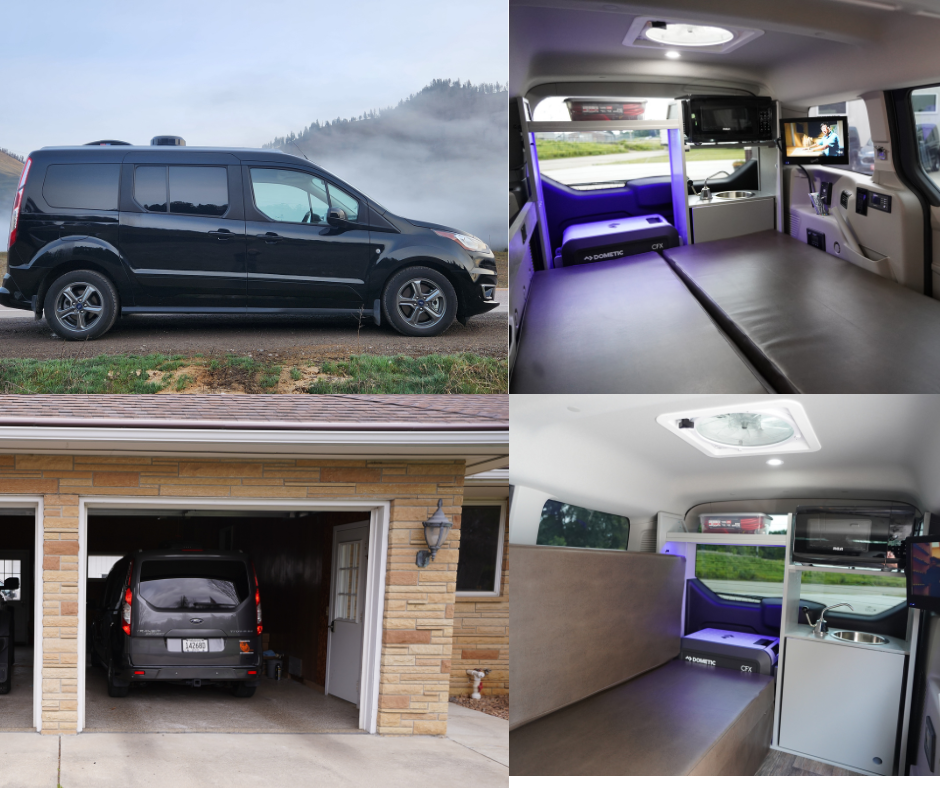
Final Thoughts
Understanding Florida HOA parking rules is essential for residents and prospective homeowners to avoid fines and penalties. Familiarize yourself with your community’s rules, attend HOA meetings to stay informed, and consider a Mini-T Campervan if you're looking for a flexible, HOA-friendly RV alternative.
DLM-Distribution
Campervans for sale that will fit in a Garage
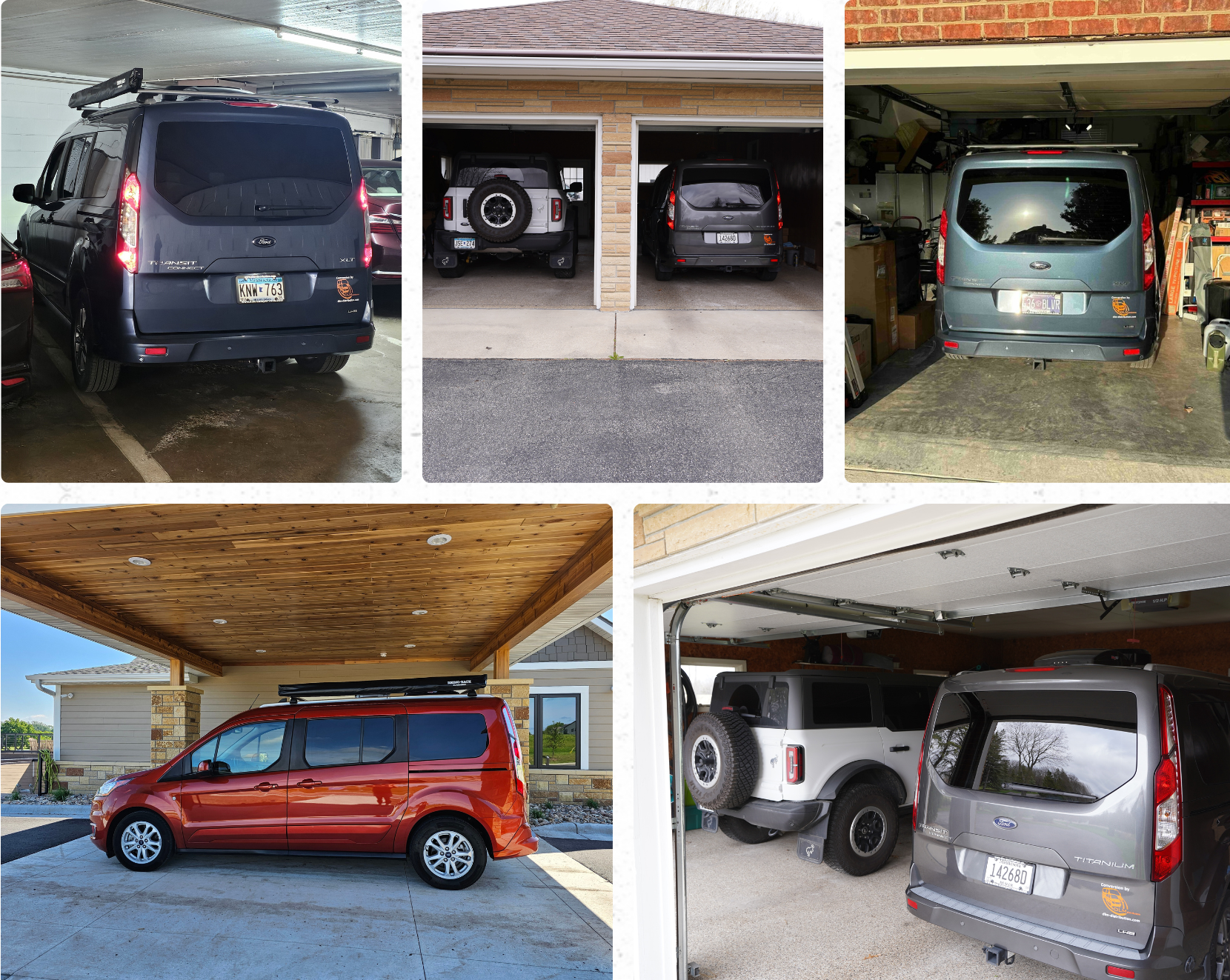
DLM-Distribution / Campervans is a licensed manufacture and dealer located in Lake Crystal Minnesota serving clients around the country
Contact Dave: 651-285-7089 or Candy: 507-382-9446 today!
